
下载亿题库APP
联系电话:400-660-1360

下载亿题库APP
联系电话:400-660-1360

请谨慎保管和记忆你的密码,以免泄露和丢失

请谨慎保管和记忆你的密码,以免泄露和丢失

小伙伴们,雅思考试大家复习的怎么样了呢?下面是帮考网分享的雅思考试作文部分的练习题,一起来看看吧!
雅思写作必背范文:
一、Increasing the price of petrol is the best way to solve growing traffic and pollution problems.
To what extent do you agree or disagree? What other measures do you think might be effective?
There is no doubt that traffic and pollution from vehicles have become huge problems, both in cities and on motorways everywhere. Solving these problems is likely to need more than a simple rise in the price of petrol.
While it is undeniable that private car use is one of the main causes of the increase in traffic and pollution, higher fuel costs are unlikely to limit the number of drivers for long. As this policy would also affect the cost of public transport, it would be very unpopular with everyone who needs to travel on the roads. But there are various other measures that could be implemented that would have a huge effect on these problems.
I think to tackle the problem of pollution, cleaner fuels need to be developed. The technology is already available to produce electric cars that would be both quieter and cleaner to use. Persuading manufacturers and travelers to adopt this new technology would be a more effective strategy for improving air quality, especially in cities.
However, traffic congestion will not be solved by changing the type of private vehicle people can use. To do this, we need to improve the choice of public transport services available to travelers. For example, if sufficient sky trains and underground train systems were built and effectively maintained in our major cities, then traffic on the roads would be dramatically reduced. Long-distance train and coach services should be made attractive and affordable alternatives to driving your own car for long journeys.
In conclusion, I think that long-term traffic and pollution reductions would depend on educating the public to use public transport more, and on governments using public money to construct and run efficient systems.
二、Some experts believe that it is better for children to begin learning a foreign language at primary school rather than secondary school.
Do the advantages of this outweigh the disadvantages?
Traditionally, children have begun studying foreign languages at secondary school, but introducing them earlier is recommended by some educationalists. This policy has been adopted by some educational authorities or individual schools, with both positive and negative outcomes. The obvious argument in its favour is that young children pick up languages much more easily than teenagers. Their brains are still programmed to acquire their mother tongue, which facilitates learning another language, and unlike adolescents, they are not inhibited by self-consciousness.
The greater flexibility of the primary timetable allows for more frequent, shorter sessions and for a play-centred approach, thus maintaining learners’ enthusiasm and progress. Their command of the language in later life will benefit from this early exposure, while learning other languages subsequently will be easier for them. They may also gain a better understanding of other cultures.
There are, however, some disadvantages. Primary school teachers are generalists, and may not have the necessary language skills themselves. If specialists have to be brought in to deliver these sessions, the flexibility referred to above is diminished. If primary language teaching is not standardised, secondary schools could be faced with a great variety of levels in different languages within their intake, resulting in a classroom experience which undoes the earlier gains. There is no advantage if enthusiastic primary pupils become demotivated as soon as they change schools. However, these issues can be addressed strategically within the policy adopted.
Anything which encourages language learning benefits society culturally and economically, and early exposure to language learning contributes to this. Young children innate abilities should be harnessed to make these benefits more achievable.
好了,以上就是今天分享的全部内容了,各位小伙伴根据自己的情况进行查阅,希望本文对各位有所帮助,预祝各位取得满意的成绩,如需了解更多相关内容,请关注帮考网!
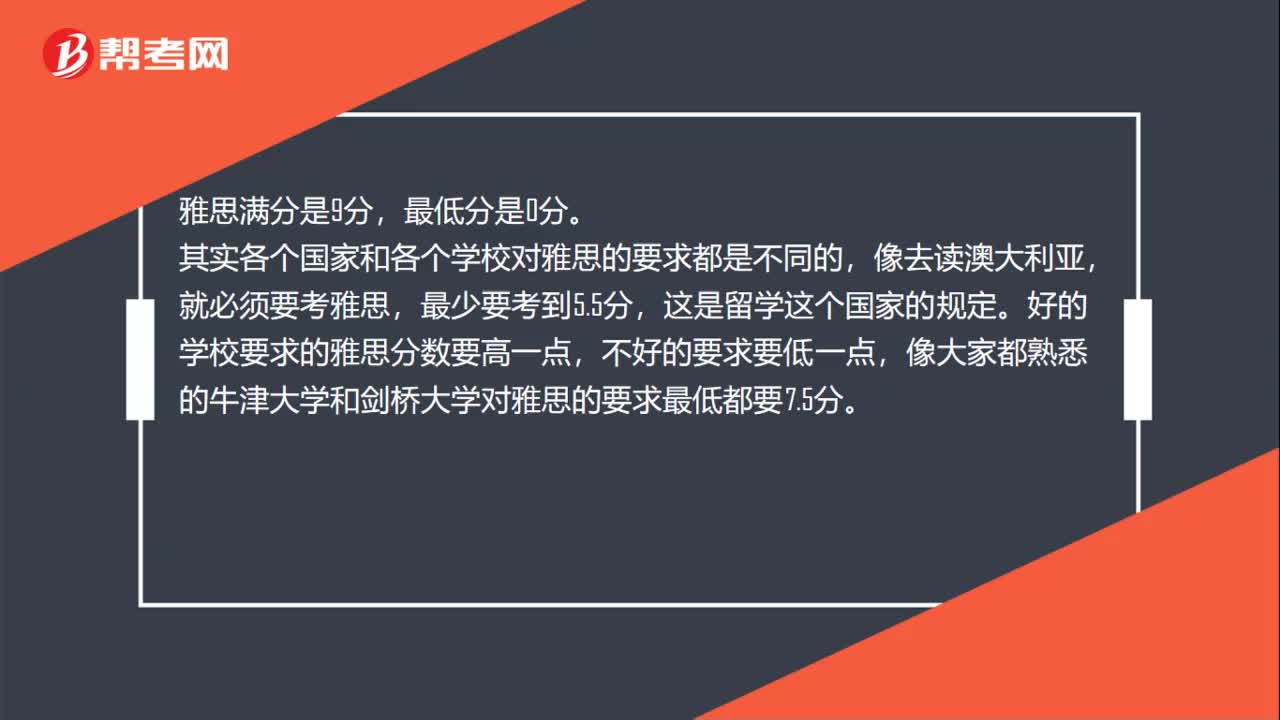 36
36雅思考试总分是多少?:雅思考试总分是多少?雅思满分是9分,最低分是0分。其实各个国家和各个学校对雅思的要求都是不同的,像去读澳大利亚,就必须要考雅思,最少要考到5.5分,这是留学这个国家的规定。好的学校要求的雅思分数要高一点,不好的要求要低一点,像大家都熟悉的牛津大学和剑桥大学对雅思的要求最低都要7.5分。
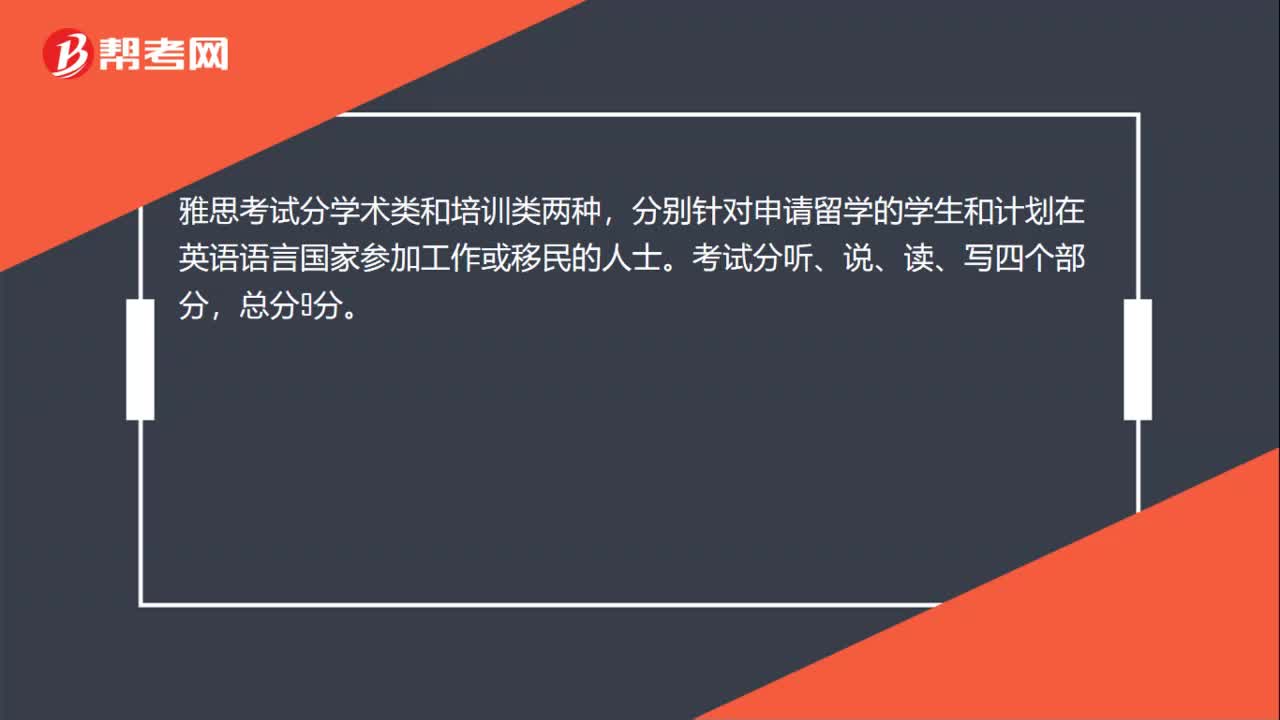 21
21雅思考试有几种类型?:雅思考试有几种类型?雅思考试分学术类和培训类两种,分别针对申请留学的学生和计划在英语语言国家参加工作或移民的人士。考试分听、说、读、写四个部分,总分9分。
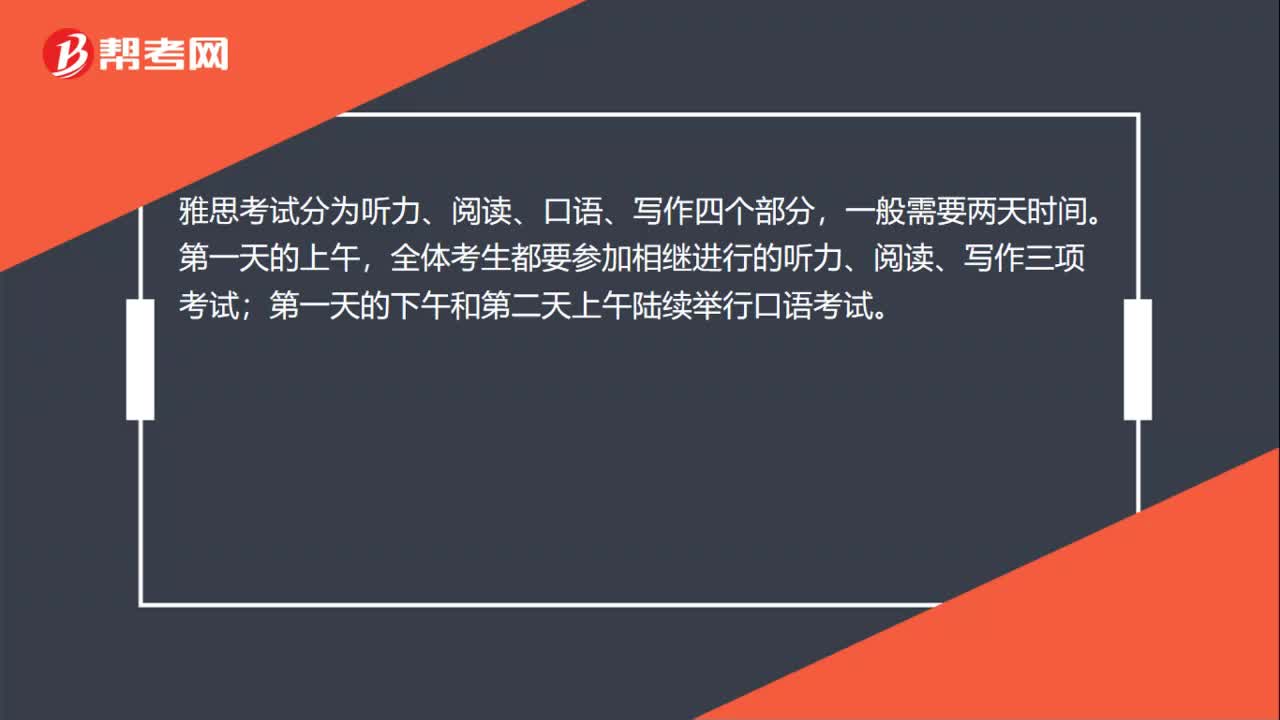 26
26雅思考试内容有哪些?:雅思考试内容有哪些?雅思考试分为听力、阅读、口语、写作四个部分,一般需要两天时间。第一天的上午,全体考生都要参加相继进行的听力、阅读、写作三项考试;第一天的下午和第二天上午陆续举行口语考试。
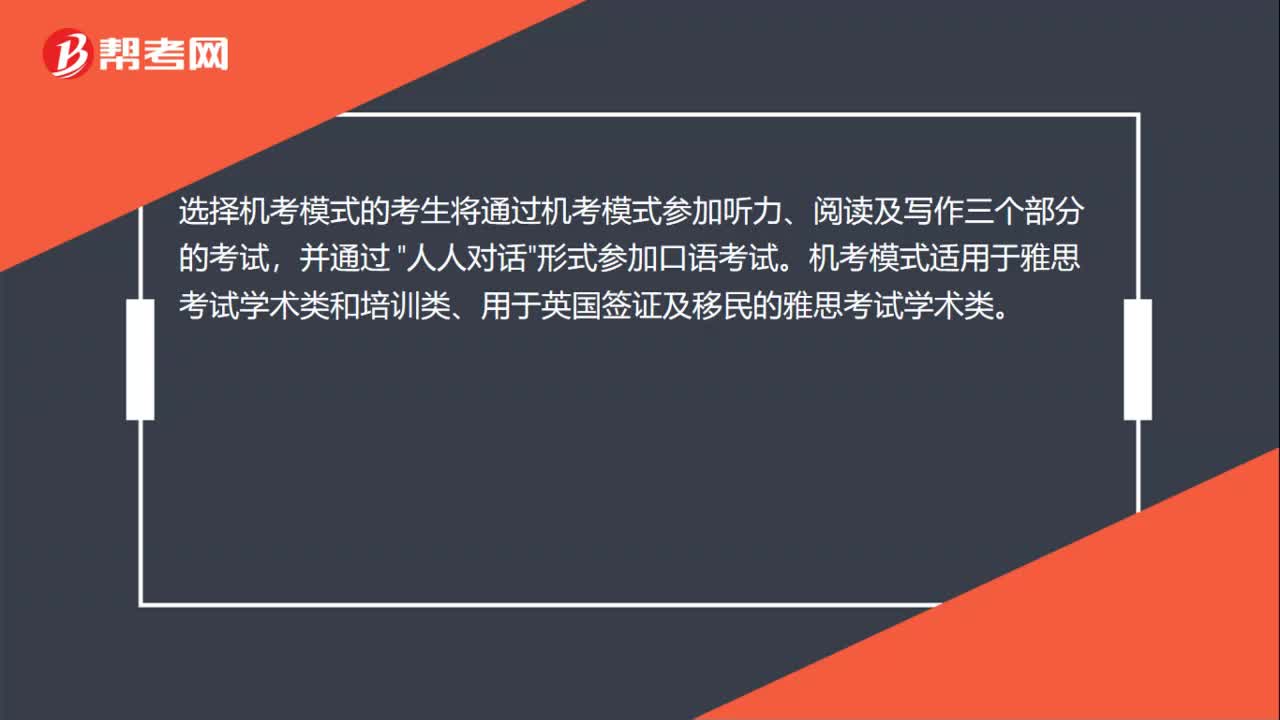 01:24
01:242020-06-01
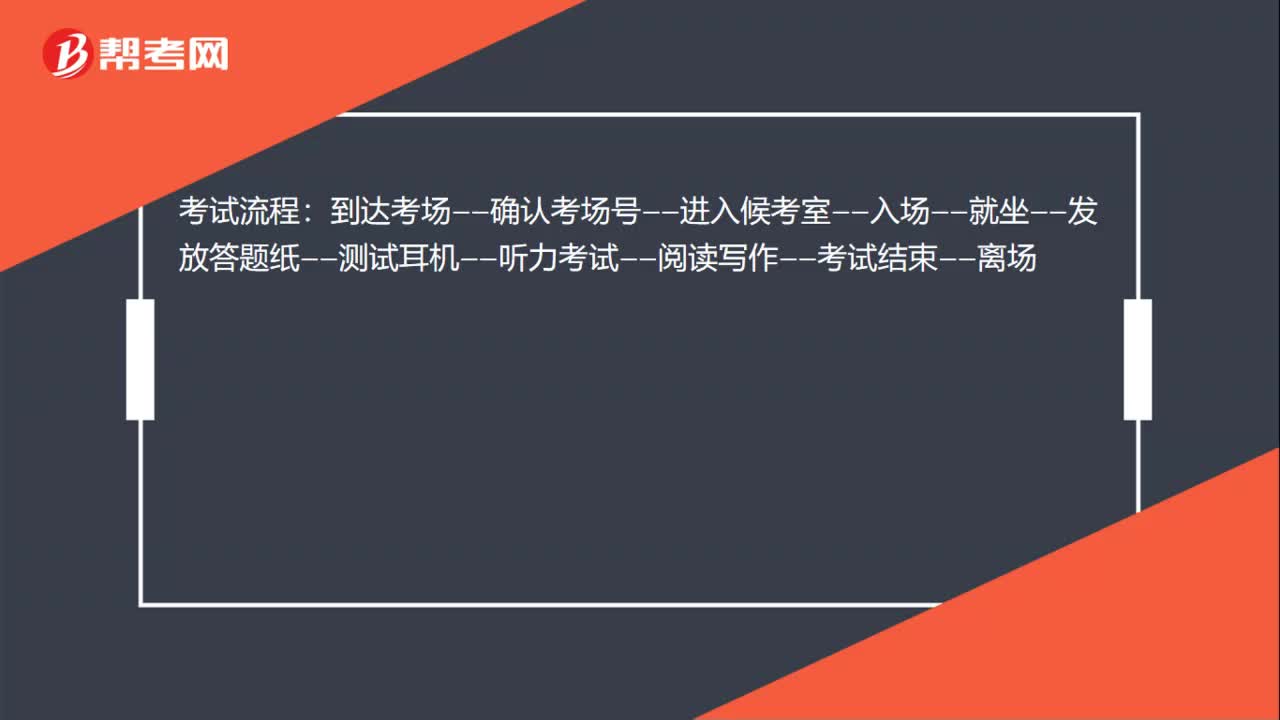 01:16
01:162020-06-01
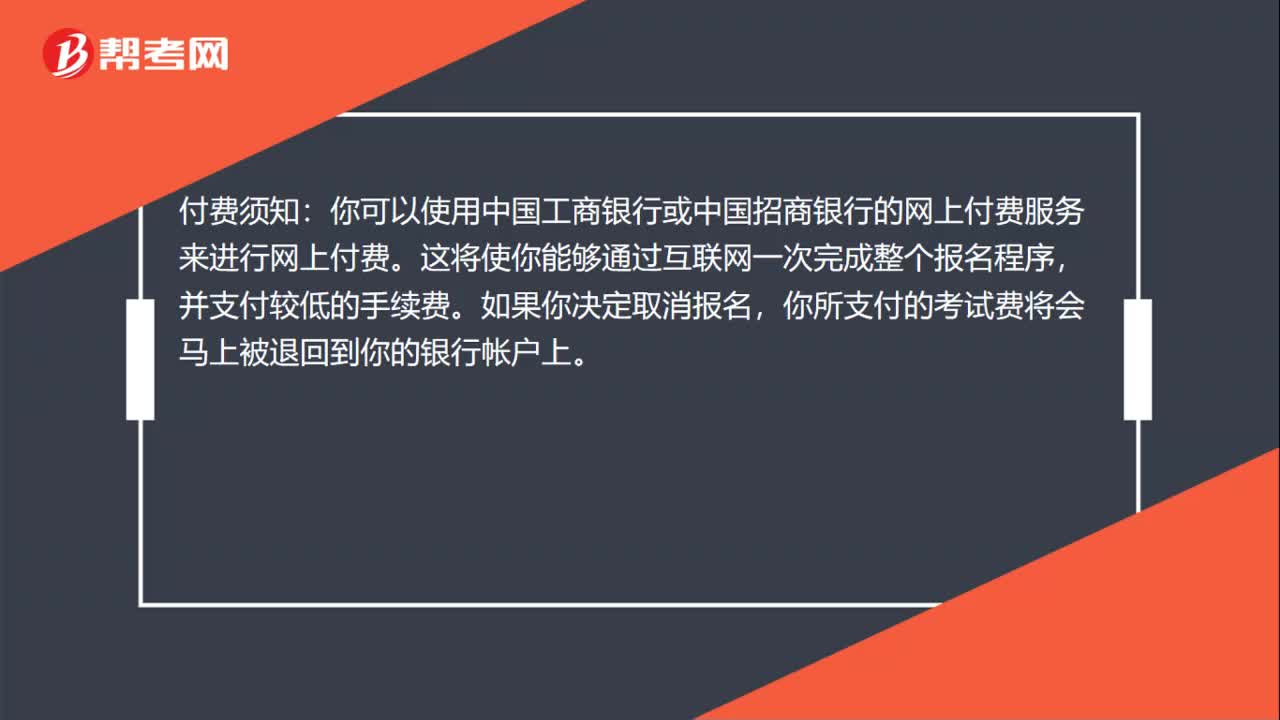 02:06
02:062020-06-01
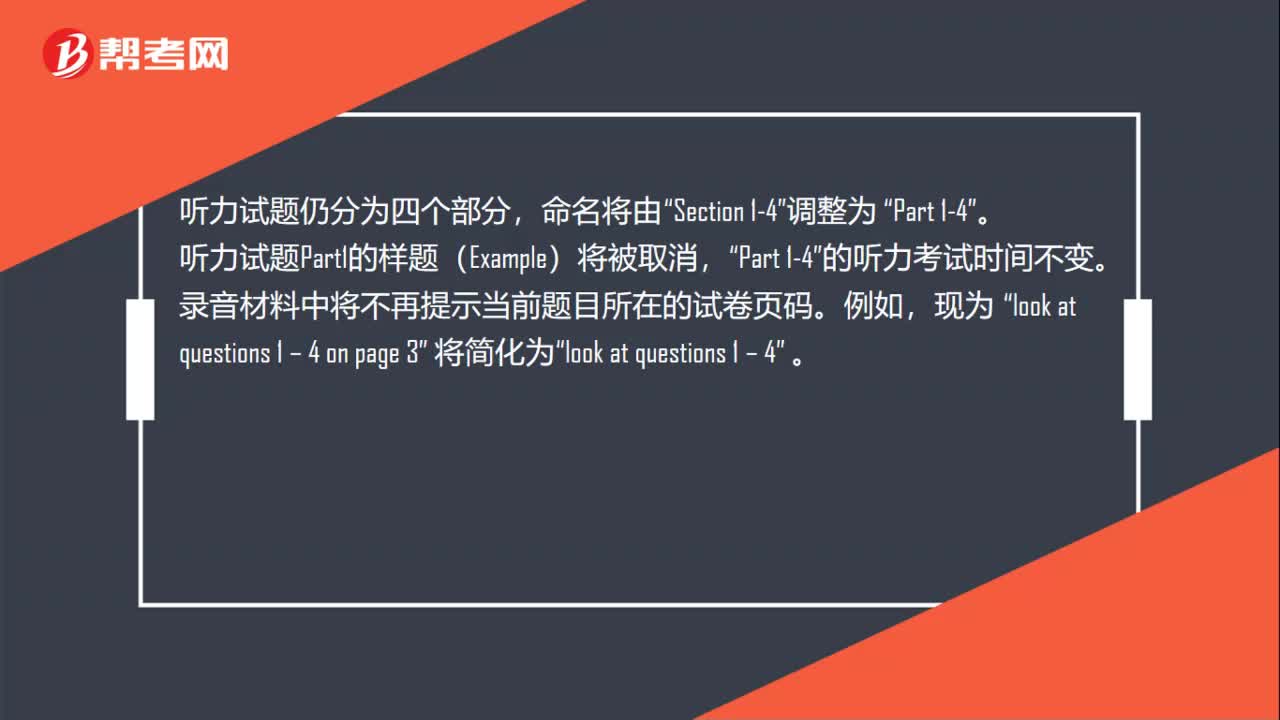 01:06
01:062020-06-01

微信扫码关注公众号
获取更多考试热门资料